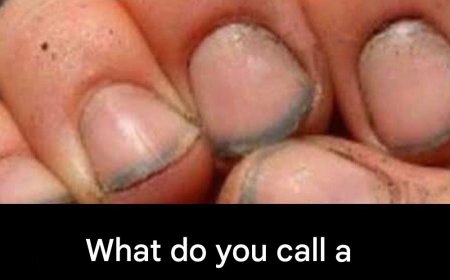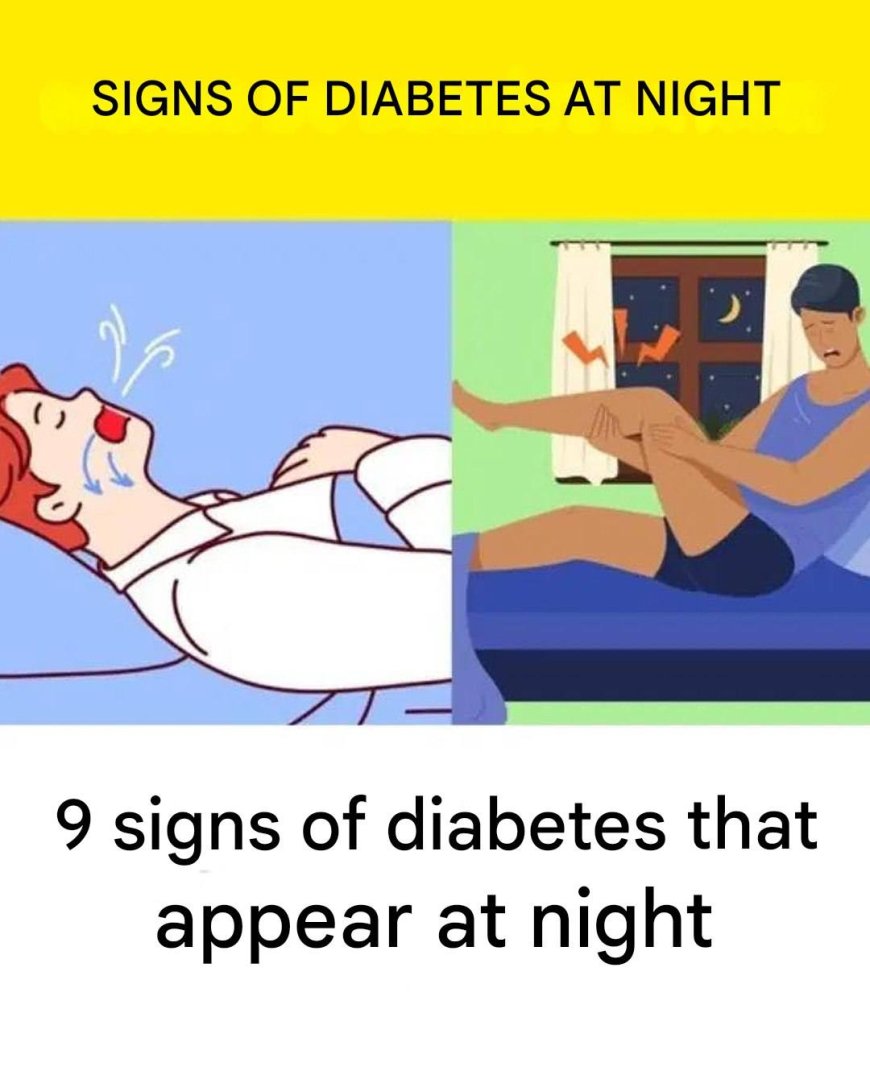9 Signs of Diabetes That Appear at Night
Your body never truly rests — even while you sleep, it sends subtle signals about your health. For many people, some of the earliest signs of diabetes appear not during the day, but in the quiet hours of the night. You might notice increased thirst, frequent trips to the bathroom, restlessness, or even unexplained fatigue upon waking — all of which can point to blood sugar imbalances that often go unnoticed.
1.
9 Signs of Diabetes That Appear at Night
Many people are unaware that some signs of diabetes can appear during sleep. These symptoms, often subtle, silently disrupt your nights. And yet, spotting them early can make all the difference to your health. So, what really happens at night for people affected by blood sugar imbalance?
Do you get up several times to go to the bathroom?
If your nights are punctuated by frequent trips to the bathroom, it’s not necessarily a simple urinary problem. High blood sugar forces the kidneys to filter more to eliminate excess sugar, which leads to excessive nighttime urination . This phenomenon, called polyuria , is often one of the first signs of diabetes .
Do you sweat profusely at night?
Night sweats, often attributed to hot flashes or stress, may actually be a sign of nocturnal hypoglycemia . When blood sugar levels drop too low, the body releases adrenaline in response… causing excessive sweating . This is a symptom to watch for if it becomes frequent.
Are you woken up by sudden hunger or palpitations?
Nighttime comfort products
Diabetes cookbook
Hypoglycemia can also be accompanied by shakiness, intense food cravings, mental confusion, or anxiety . If these sensations wake you up in the middle of the night, it may indicate a blood sugar imbalance that needs to be corrected.
Do you feel an uncontrollable urge to move your legs?
9 Signs of Diabetes That Appear at Night
Restless legs syndrome may be related to diabetic neuropathy , which is nerve damage caused by poorly controlled blood sugar. Tingling, tension, or pins and needles can make it difficult to fall asleep and fragment sleep.
Do you snore or have breathing pauses?
Sleep apnea , often underestimated, is common in people with type 2 diabetes . It particularly affects people who are overweight or obese, who are already at risk of insulin
resistance . And the more sleep is disturbed, the more the metabolism is unbalanced.
Do you often feel very thirsty at night?
Intense thirst accompanied by a dry mouth upon waking is not insignificant. It may reflect dehydration linked to excess sugar in the blood . The body seeks to compensate for the loss of water caused by urine by stimulating the sensation of thirst, called polydipsia .
Are you exhausted despite a full night’s sleep?
Nerve damage support
Glucose monitoring device
Chronic fatigue can be a sign of poor glucose utilization by cells . The result: a persistent lack of energy, as if your body has not really recovered , despite eight hours of sleep.
Do you have a dry mouth when you wake up?
Xerostomia , or dry mouth, is a common symptom of diabetes. It can cause repeated nighttime awakenings and can lead to cavities or oral infections if left untreated. Insufficient hydration and high blood sugar are often the causes.
Tap the p.hoto to v.iew the full r.ecipe.


























